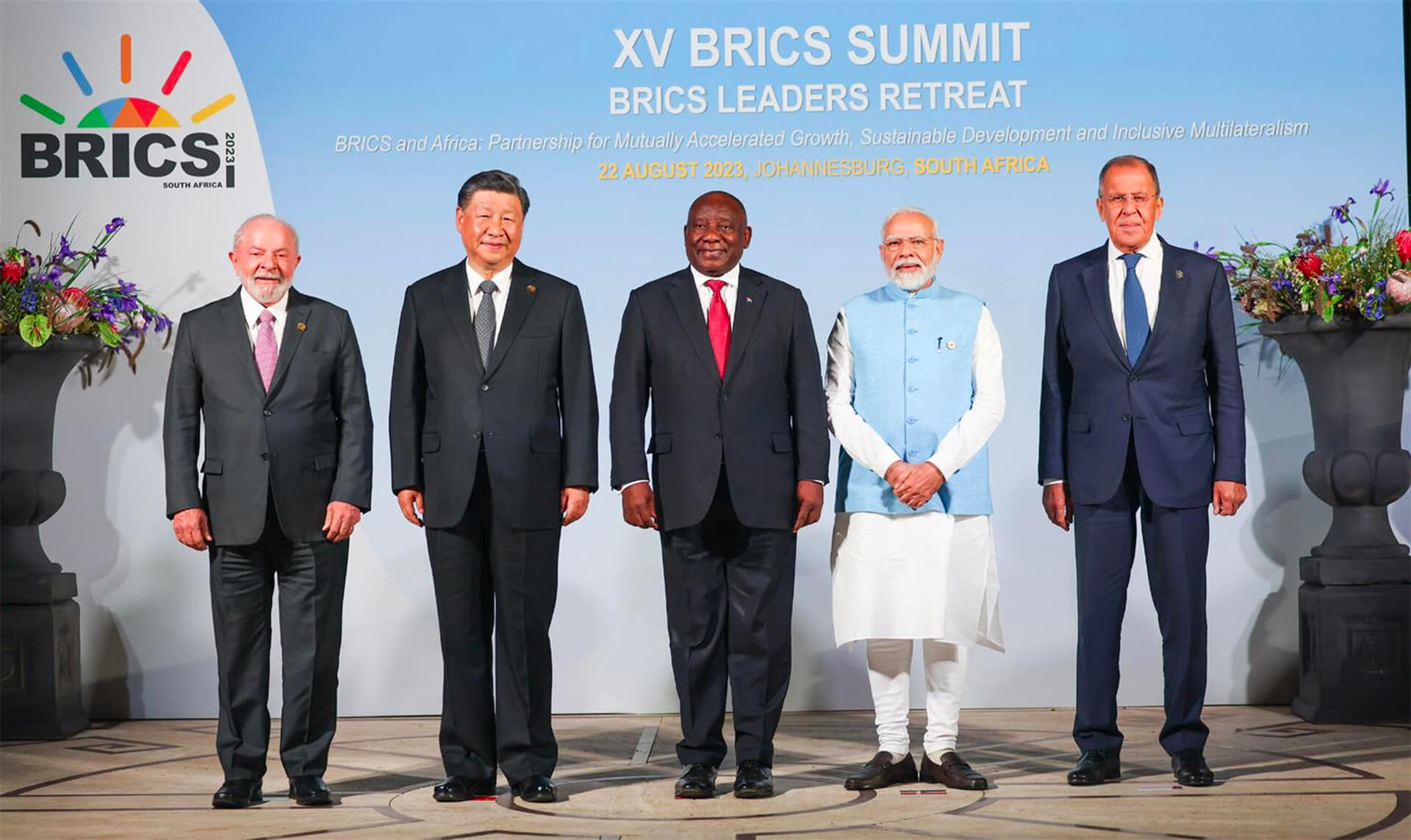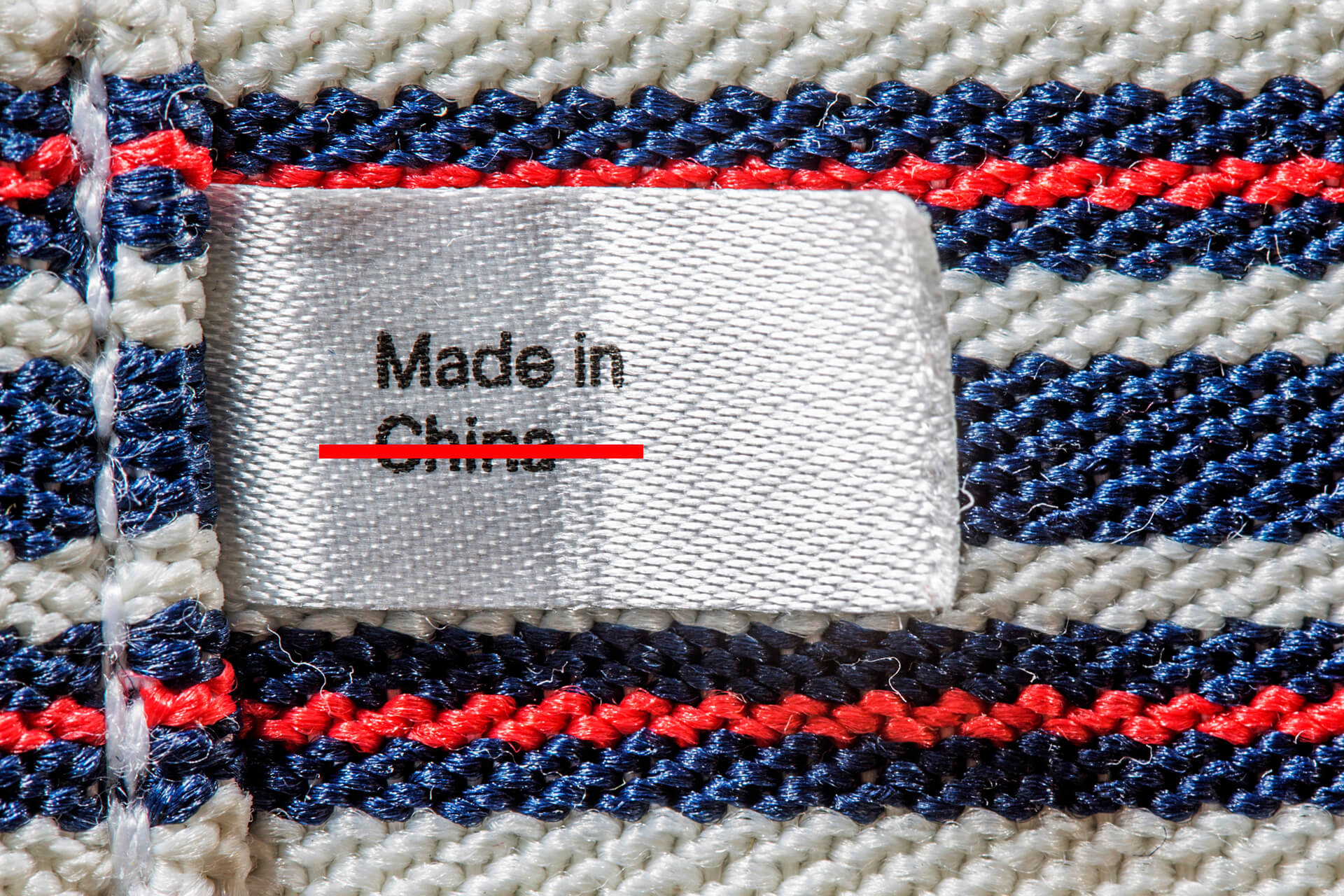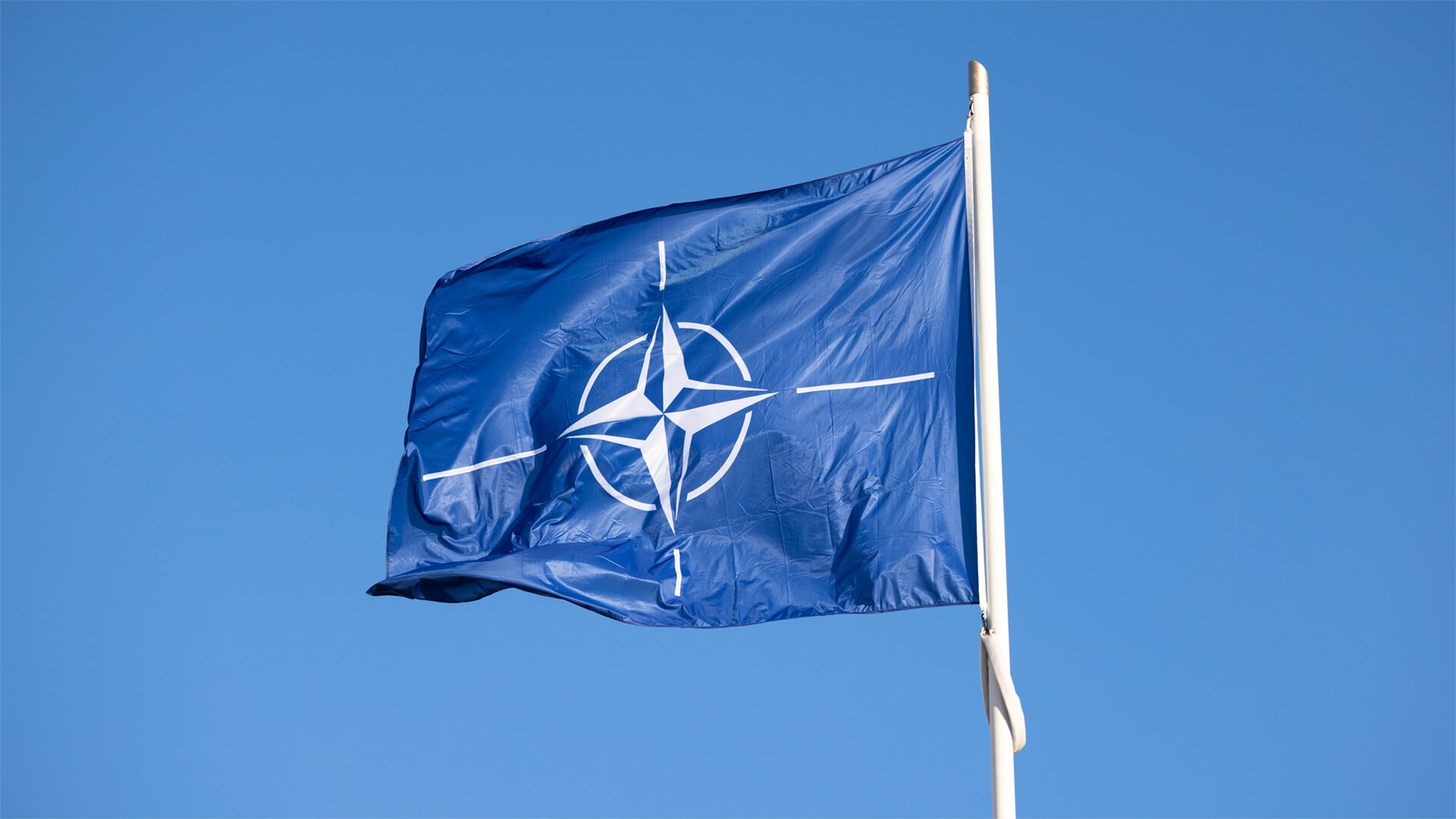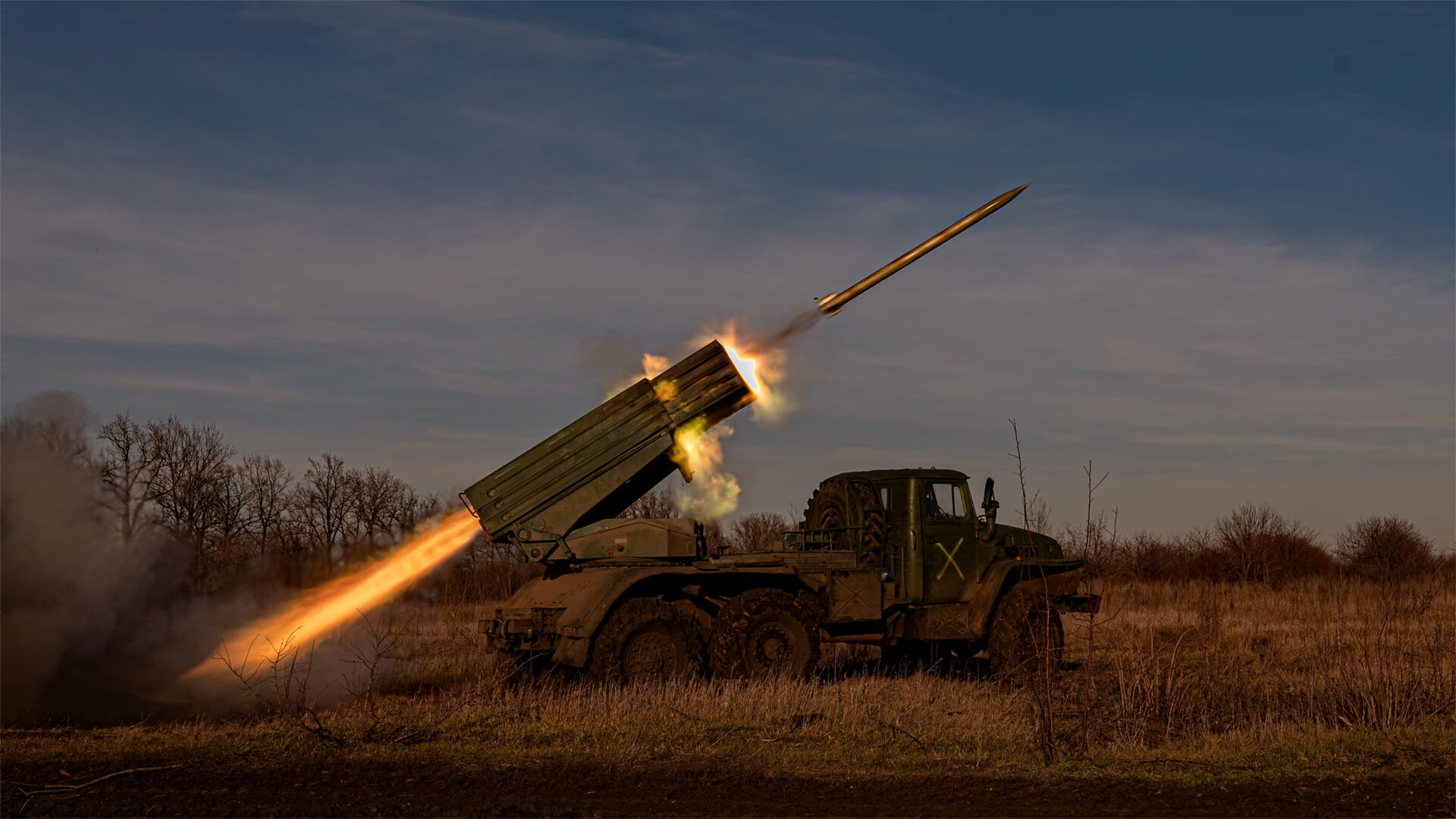The BRICS alliance is like a clown at a five-year-old’s birthday party…terrifying when your five, but just kind of weird and sad for all the adults. And if you’re still scared of the BRICS alliance, I hate to break it to you, but you might be the five-year-old in this analogy.
BRICS began as a financial concept of grouping large emerging markets, but it’s evolved into a dull talk shop for the members rather than a real alliance. But of course, lumped right in with the other scared kindergartners, is President Trump. He’s threatened a 10% tariff on all countries that join BRICS. Once again showing his affinity for tariffs, regardless of what the situation is.
Should his power to impose tariffs be limited by the courts or Congress, his entire international strategy could unravel. And the threat on BRICS would be the least of our worries.
Transcript
Hey, all Peter Zeihan here. Coming to you from Colorado, it is the 7th of July. You will be seeing this on July 8th. And the issue is BRICS, the, organization that was supposedly founded to cause a new world order shift away from the Unites States, whatever you want to call it. Anyway, Donald Trump today said that anyone who joins BRICS and forms part of this anti-American axis will be facing an additional 10% tariff on everything that’s done.
This is both really interesting and kind of hilarious. So, quick Backdrop BRICS was formed. Well, the original idea of BRICS had nothing to do with geopolitics. It was just some guy up in finance in New York who said, hey, here are a bunch of largest emerging markets that have a lot of bonds. We can trade them as a group.
And so that was Brazil, Russia, India and China. South Africa joined later. It was only in the year since then that BRICs has taken on any sort of a geopolitical hint, but really it’s been really minor. They do have a bank, but it’s run by China for Chinese interests, and nobody else puts money into it in any meaningful way.
And this last summit that is occurring right now, the Chinese didn’t even show up. In fact, the Russians didn’t show up because there’s an international arrest warrant for the war crimes in, Ukraine. And the Brazilians are a signatory to the war crimes treaty. So they would have felt obliged to, you know, arrest the guy. Anyway, in the last couple of years, BRICs has started to admit new members India, Pakistan, the United Arab Emirates, Iran, Saudi Arabia.
And that’s how you know, the BRICs means nothing because a lot of these countries are at each other’s throats in any meaningful way. So getting agreement on anything is next to impossible. And that’s certainly how it played out with this most recent issue, because issues between India and China and Saudi Arabia, Iran and Russia and everyone had basically led them to just kind of have this generic statement that doesn’t say anything about anyone or any topic.
It really is a non organization. And if you go back a couple of years to the Johannesburg summit, in their opening statements, the finance ministers of China and India and South Africa all said we have no interest in forming a a BRICs currency. We have no interest in a non US denominated dollar system. And will people please stop asking us about it?
So it’s a talk shop or maybe a way to caucus with the Chinese because they’re a bigger economy than everyone else put together. But it’s nothing more than that. It’s never been anything more than that. But it continues to live on in American circles as some sort of big thing. Enter Donald Trump’s threat that if you join BRICs or become part of this axis, that you’re going to be looking at supplementary tariffs.
So two things here. Number one, it shows that, among the MAGA, right, the idea that BRICs is something really has resonated, an almost allergenic response to anything that is not led with USA, which is obviously coloring policy at the top on any number of levels. But number two, and perhaps more importantly, it’s a direct link of the tariff question to something that has nothing to do with economics whatsoever.
Tariffs are clearly Donald Trump’s favorite policy tool. And if you go back for everything that he has done internationally since day one, there’s not a single example that I’ve been able to see, except for maybe the bombing of Iran. That is not inextricably woven together with tariff policy. So if for whatever reason, the White House’s ability to enact tariffs is impinged in any way, and keep in mind the Constitution makes it very clear that tariffs are congressional prerogative, not an administrative one.
Then everything that the Trump administration has done with foreign policy just kind of goes up in smoke overnight. So, the focus is interesting, the vulnerability is interesting, the expansions, new vistas is interesting. There’s no part of this that I’m not paying attention to. It’s going to be really interesting to see I’m using that word too much is gonna be really interesting to see how it evolves in the weeks to come.











